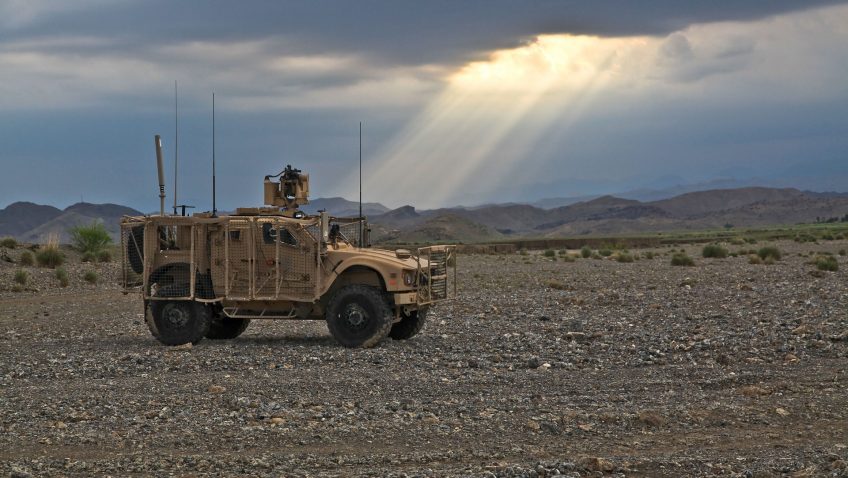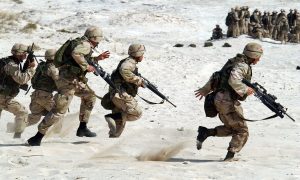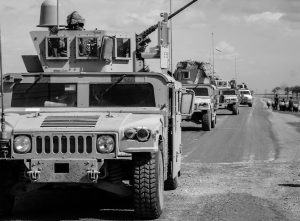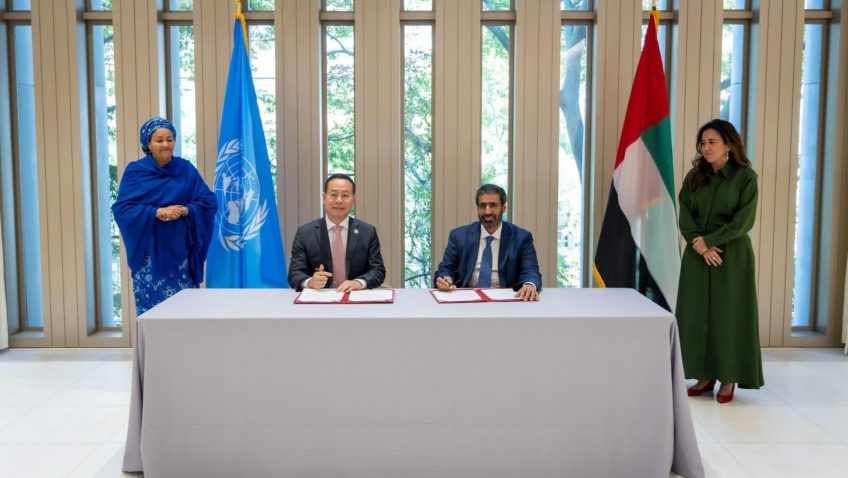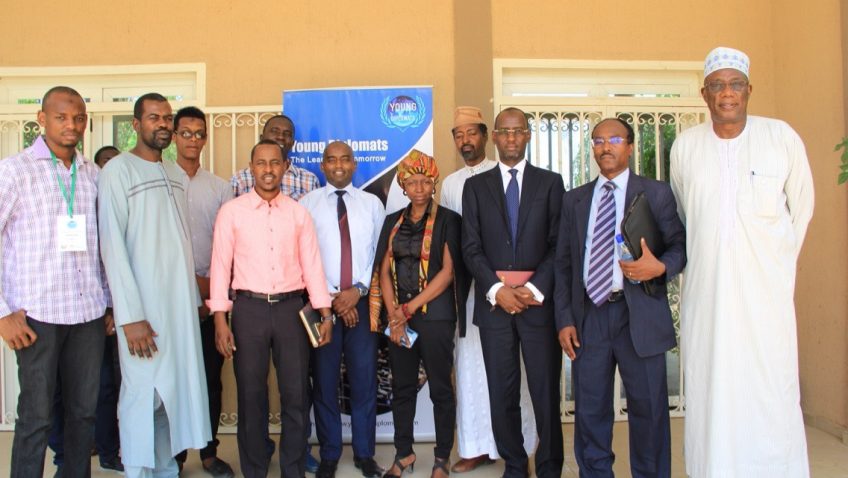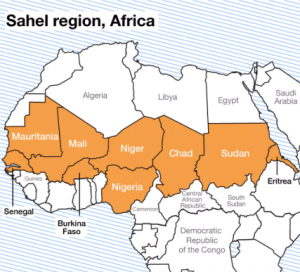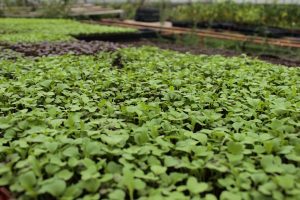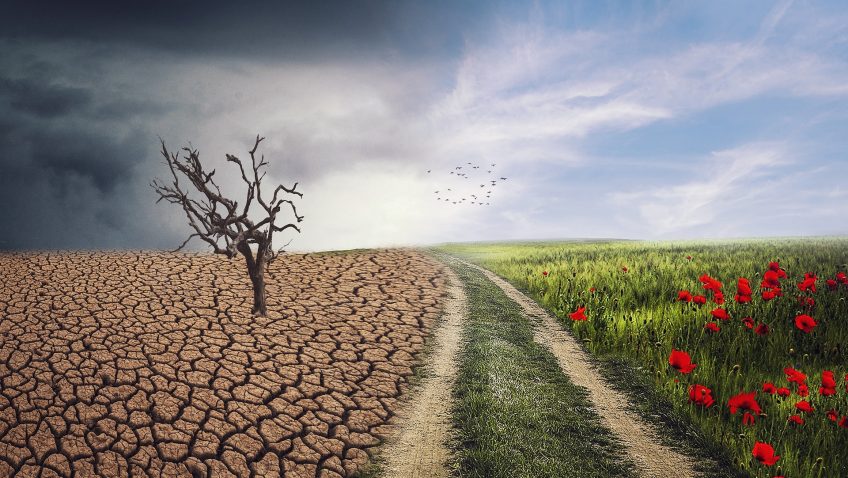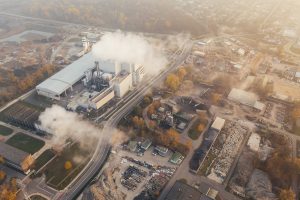The fighting in Sudan between the Sudanese army and the Rapid Support Forces has received regional and international attention since its outbreak on the fifteenth of April, especially as it threatens the security and stability of a fragile region.
The main players on the regional and international arenas did not hesitate to intervene in the conflict, whether directly or indirectly.
Egypt
Egypt has a long-term interest in Sudan’s stability, given the two countries’ common border and the strategic importance of the Nile River.
Egypt actively participated in the mediation between the Sudanese army and the Rapid Support Forces, addressing the two parties to contain the crisis and reach a cease-fire agreement. Egypt’s primary motive is to prevent a large-scale civil war in Sudan, which could lead to an influx of refugees and negatively affect water security in Egypt.
And if the clashes in Sudan prolong and widen, this will also affect the trade partnership between the two countries, especially since an estimated part of Sudan’s agricultural and animal exports reach the Egyptian market, including what is re-exported to other countries in light of the sanctions imposed on Sudan.
Ethiopia
Ethiopia has concerns about the expansion of the Sudanese conflict, its extension, and the repercussions of that on stability in the region.
And as a neighbor of Sudan and a major player in the Nile River Basin, it has an interest in ensuring that the conflict does not escalate. In addition, the ongoing tensions between Ethiopia and Sudan over the disputed Al-Fashqa region and the Grand Ethiopian Renaissance Dam (GERD) make Ethiopia a stakeholder in Sudan’s stability.
Saudi Arabia and the Emirates
Saudi Arabia and the United Arab Emirates have played an important role in Sudanese affairs, particularly in their support of the Rapid Support Forces. Both countries provided financial and military assistance to these forces, especially since they were the pillars of the Saudi-led coalition in the Yemen war, where Sudanese soldiers, most of whom were from the Rapid Support Forces, participated on the side of the coalition in the fight against the Ansar Allah Houthi movement, which strengthened the capabilities of the Rapid Support financially and militarily.
In addition to this, the UAE is interested in gold, in which the commander of the Rapid Support Forces, Muhammad Hamdan Dagalo (Hamedti), has large investments in it since the ousted President Omar al-Bashir granted him the rights to excavate it in Jabal Amer so that he could pay the salaries of his soldiers.
It is also possible that Saudi Arabia and the UAE’s support for the RSF was motivated by the two countries’ quest to counter Iranian influence in the region while maintaining a strong military presence in the Horn of Africa.
International players
United State
The United States expressed its concern about the situation in Sudan, and called on its Secretary of State, Antony Blinken, who made phone calls with the army commander, Lieutenant General Abdel Fattah Al-Burhan, and with the commander of the Rapid Support Forces, Muhammad Hamdan Dagalo, during which he called for an immediate cessation of hostilities between the two parties.
Earlier, US Secretary of State, Anthony Blinken, said that the United States is in close contact with Sudanese military leaders and is pressing them to extend the ceasefire, and to explore options for restoring Sudan’s diplomatic and consular presence as soon as possible.
It was reported that the United States is currently studying the idea of imposing sanctions on members of the army and the Rapid Support Forces, although observers of the American affairs say that these sanctions will be useless if imposed by Washington and that it is too late to take such a step.
These observers and Sudanese and international human rights activists say that the United States does not want to impose any sanctions in Africa, and they add that if it wanted to do so, it would have imposed sanctions on the Sudanese army and the Rapid Support Forces following the dispersal of the sit-in in front of the army command in Khartoum on June 3, 2019. In the same context, they point out that Washington did not impose sanctions on the Ethiopian leadership in the war against the Tigray region, which lasted two years and resulted in the deaths of more than 600,000 people, in addition to the US preoccupation with the war in Ukraine.
The United States’ interest in Sudan’s stability is likely driven by its broader strategic goals in the region, including combating terrorism, promoting democracy, and curbing the influence of China and Russia on the continent.
Russia
Russia’s interference in Sudanese affairs is more limited, as it formally focuses mainly on providing military assistance and training to the Sudanese army.
This support is consistent with Russia’s broader strategy to increase its influence in Africa and secure access to natural resources. It is noteworthy that the Rapid Support Commander visited Moscow in the last week of February 2022 in an eight-day visit that sparked widespread controversy, as there was talk at the time about the possibility of granting Moscow A military base in Port Sudan.
Therefore, Russia’s role in Sudan has been criticized by some Western countries, which argue that it will exacerbate tensions between the Sudanese army and the Rapid Support Forces, especially since a close relationship linked the Russian Wagner Group and Rapid Support in the field of armament, training, guarding, and the gold sector.
Although the group and the RSF commander were quick to deny any role they had in the current fighting, the US CNN said, quoting Sudanese and regional diplomatic sources, that the Wagner Group is providing the RSF with missiles to help in its fight against the army.
The sources said that the surface-to-air missiles greatly enhanced the combat capabilities of the Rapid Support Forces.
CNN added that satellite images detected an unusual movement in Wagner bases in Libya, neighboring Sudan, reinforcing these allegations, as Libyan General Khalifa Haftar, who is supported by Wagner, controls swathes of Libyan territory.
It is noteworthy that the European Union imposed sanctions on Wagner’s branch in Sudan, after investigations revealed the group’s role in gold exploitation.
The Wagner Group played a central role in Moscow’s foreign military campaigns, specifically in Ukraine, and was repeatedly accused of atrocities. In Africa, Wagner contributed to the growing influence of Moscow and the seizure of resources.
China
China has adopted a more cautious approach to the conflict in Sudan, seeking to maintain a balance between its economic interests and a commitment to non-interference in the internal affairs of other countries.
While China continued to invest in Sudan’s oil and construction sectors, it also called for a peaceful resolution to the conflict and offered to mediate between the Sudanese army and the Rapid Support Forces. China’s interest in Sudan’s stability stems primarily from its desire to secure access to natural resources and expand its economic influence in the region.
Needless to say, the conflict between the Sudanese army and the RSF has attracted significant participation from regional and international players, each with their own motivations and interests.
While some actors, such as Egypt and Ethiopia, focus primarily on maintaining regional stability, others, such as Saudi Arabia, the United Arab Emirates, and Russia, have more strategic goals in Sudan. The continued participation of these players in the conflict in Sudan underscores the complex and multidimensional nature of the crisis and highlights at the same time the challenges of finding an immediate solution to it and achieving a lasting peace that prevents the country from slipping into a civil war that is widening and protracted.
Sources:
https://www.bbc.com/arabic/middleeast-65360440
https://www.alarabiya.net/arab-and-world/american-elections-2016/2023/04/24/

